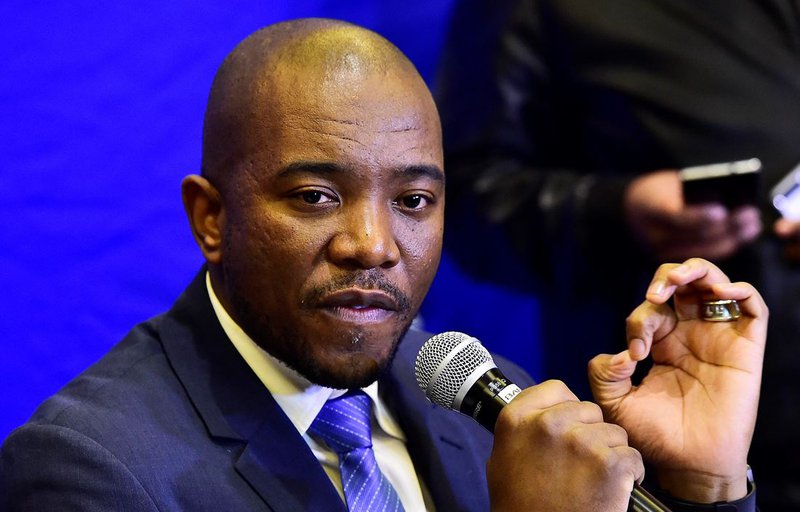End Eskom monopoly to deal with recession, says Maimane
Updated | By Gaopalelwe Phalaetsile
Democratic Alliance (DA) leader Mmusi Maimane says the government needs to end Eskom’s monopoly to allow cities to purchase electricity directly from Independent Power Producers.

This is one of seven measures Maimane believes will help South Africa recover from the technical recession.
“This is not a recession borne of global economic conditions. This is a home-grown recession, borne of economic mismanagement and bad policy,” he told reporters in Johannesburg on Monday.
Statistics South Africa announced last week that the country’s gross domestic product decreased by 0.7% in the second quarter of 2018.
It said the economy had contracted for two consecutive quarters which meant the country slipped into its first technical recession since 2009.
ALSO READ: [LISTEN] Ramaphosa: Don't be fearful, we are not in recession
While President Cyril Ramaphosa has appealed to South Africans to not panic as the country has recovered from a technical recession in the past, Maimane said the poor are getting poorer.
“South Africans are feeling poorer and poorer, household spending makes the largest single contribution to GDP, but five consecutive years of real per capita negative growth has left South Africans with less to spend each month.”
Maimane said the government needs to scrap the proposed nationalization of the Reserve Bank and the amendment of Section 25 of the Constitution to allow for land expropriation without compensation.
“Cut the size of cabinet to around 15 ministries, exempt small business employing fewer than 250 employees from complying with restrictive labour legislation, other than the basic conditions of employment and introduce a fiscal austerity package to contain current spending and stabilise national debt at 50% of GDP.”
He added that state-owned enterprises need to be urgently privatised as they pose a financial risk to the economy.
Show's Stories
-
Video: Lioness tries to pounce on toddler through glass enclosure
A video, showing a lioness wanting to gobble a young child through a gla...
The Workzone with Elana Afrika-Bredenkamp 19 minutes ago -
South Africa's gold win at the Dance World Cup 2025
Proof that we are constantly stepping with the right foot...
The Workzone with Elana Afrika-Bredenkamp 35 minutes ago